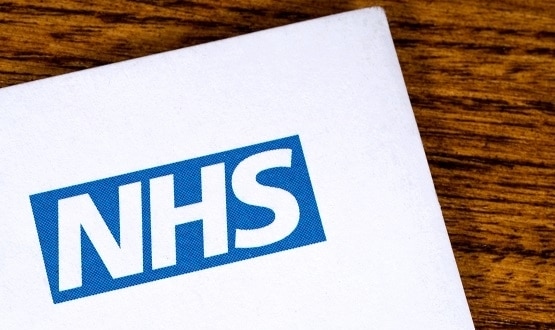The Government is making inadequate progress on vital commitments to digitise the NHS, an independent expert panel has found, with “inadequate funding” and a catalogue of “opportunities missed”.
The poor progress is despite policy commitments from successive ministers that have identified digitisation of health and care as essential to deliver on improvements in health and social care.
The damning findings come in a new expert panel report for the Commons Health and Care select committee, which is conducting an inquiry into progress against government commitments made on digitising the NHS.
Commitments evaluated by the expert panel include the delivery of integrated health and care records, the roll-out of the NHS app and ensuring the workforce had the necessary digital skills.
Despite some encouraging progress, overall the panel found that key Government commitments on workforce and the use of patient information were either not met or are not on track to be met.
As well as issues with inadequate funding and staff training the report notes that actions promised to address public concerns about sharing personal data for research and planning have not been acted on and lack a clear plan.
Overall progress on improving the digital capabilities of the NHS was found too slow and often lacked support and funding. The experts also concluded that social care was often missed out, hobbling progress to integrated care.
The report noted that Ministers’ ambition to digitise the NHS will not succeed without an effective workforce strategy to train, recruit and retain sufficient specialised digital staff.
Professor Dame Jane Dacre, director of UCL Medical School and chair of the Expert Panel, said: “What is particularly disappointing is that the Government recognises that the digitisation of the NHS is essential to bring about real benefits to patients, for example by helping them to monitor and manage long-term health conditions independently.
“Yet time and again, promises have been made but not delivered, hampering wider progress. For example, using data sharing to improve research and planning, which we’ve rated as inadequate.
“However, worryingly, we have seen no clear plan for how the Government will address public and provider concerns regarding sharing personal data, which is crucial to address in order for this to be successful.
She added that interoperability remained a major problem: “We heard about issues with interoperability between systems and providers, making it difficult for all parts of the system to communicate effectively, leading to delays and efficiency losses.”
Another key theme identified was skills and training: “Evidence also highlights challenges in recruiting, retaining and building the specialised digital workforce, yet ministers have delayed a strategy focused on delivering a digital workforce.”
Professor Dacre noted: “The aspirations to transform the NHS, supported by the right digital foundations, are to be applauded, however, our report finds evidence mainly of opportunities missed.”
Steve Brine MP (Con), chair of the Health and Social Committee, said: “These important findings by our panel of experts will support the work of the Health and Social Care Committee which is currently examining digital transformation in the NHS.
“The Panel’s detailed work provides evidence of the Government’s overall ‘inadequate’ approach to its commitments to digitise the NHS and will feed into the Committee’s work, shaping the recommendations we make to ministers.”
Responding to the report Saffron Cordery, deputy chief executive of NHS Providers, said: “Trust leaders will broadly welcome this report’s findings and the ongoing need to hold the government to account on its digital commitments in the NHS.
“The Expert Panel’s assessment that the health and care sector is facing the stark realities of ‘inadequate’ funding and resources available to deliver digital transformation will come as no surprise to leaders.”

